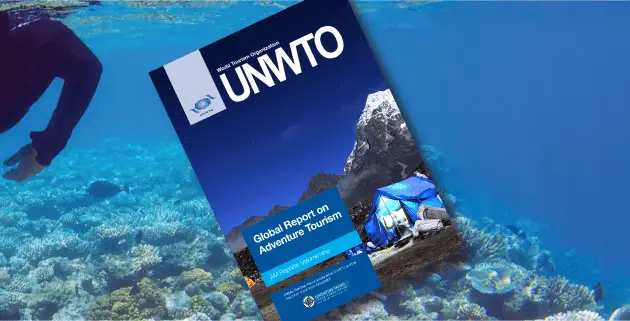SA Hotel Groups Lag Behind Global Peers
South African hotel groups continue to lag behind their global peers in adopting technology to meet increasingly sophisticated customer demands. These hotels risk being cut adrift in a digital economy, according to Grant Thornton.
Gillian Saunders, Head of Advisory Services at Grant Thornton South Africa and Global leader for travel, tourism and leisure for Grant Thornton said the firm’s latest research indicated an urgent need for hotel and tourism companies to leverage cutting-edge technology, in order to personalise the customer experience, but always in balance with the traditional human touch.
“My team has surveyed the various online application stores including Google Play and Apple Store and we could find only one app from the South African hotel chains. What the industry needs to realise is that in the modern digital economy, business travellers in particular expect convenient mobile services and options which is something that the South African hotel industry is yet to grasp.
“While we don’t expect local hotel groups to have complete end-to-end solutions overnight it’s imperative that they have some sort of mobile friendly online presence not only to facilitate travel but to enhance the customer experience. The technology available through smart phones and tablets is growing exponentially and the market is increasingly expecting to facilitate transactions, and by extension their travel, from their mobile devices.”
With separate research showing that plans to boost R&D spend are low across the global tourism industry, and as Airbnb’s success shows no signs of abating, Grant Thornton warns that firms who fail to act on personalisation enabled through digital risk being cut adrift and growth could suffer as a result.
A new report from Grant Thornton, ‘The power of Personalisation: Hotels’ roadmap to 2020’, identifies key pressures facing hotels today include the growth of sharing economy providers, the increasing influence of online travel agents in the booking process, and the rapidly evolving needs and expectations of guests.
In addition to personalisation, the industry will be forced to consider new business models or respond to those disruptors entering their space with new business models. It will be critical to adapt to a fluid environment where disruption is inevitable. The changing nature of the hotel industry is evident in global statistics that indicate:
• Two million listings on Airbnb, which is increasingly setting its sights on business travellers;
• US $335bn projected value of the sharing economy by 2025, up from $40bn in 2014; and
• US$14.4bn value of Marriott International’s acquisition of Starwood Hotels & Resorts in March 2016.
Saunders noted that Airbnb had more than 21,000* listings in South Africa making it a significant player in the market and in some instances real competition to the traditional hotels. *i.e rooms, not properties – Ed. She said that innovation in the sector could encompass radical shifts; incremental change or a blend of both.
Saunders cited Marriot’s new room entertainment services in partnership with Netflix and Virgin’s new bed design that accommodates laptops for business travellers as key international examples of how much innovation is currently taking place.
“South African hotel groups will have to stress the advantages they have in terms of better services and facilities; security, consistency and certainty and they will need to communicate these effectively. Radical shifts such as exploring partnerships with the likes of Airbnb as well as introducing new flexible pricing structures and creating internal innovation teams would assist hotel brands to be relevant going forward.”
For more info visit www.grantthornton.co.za




